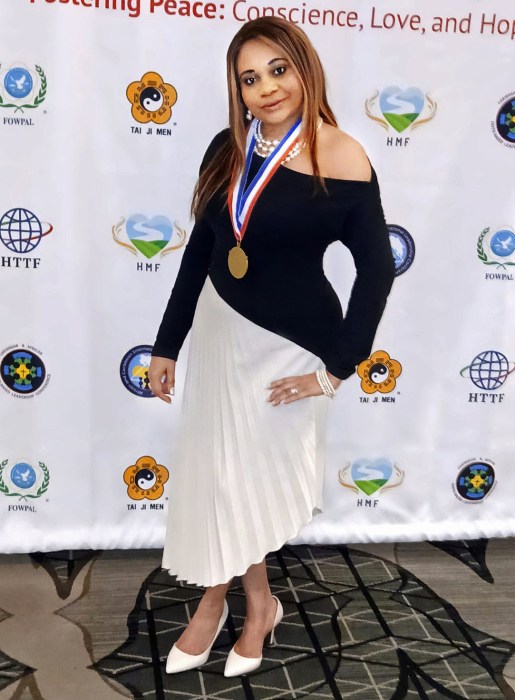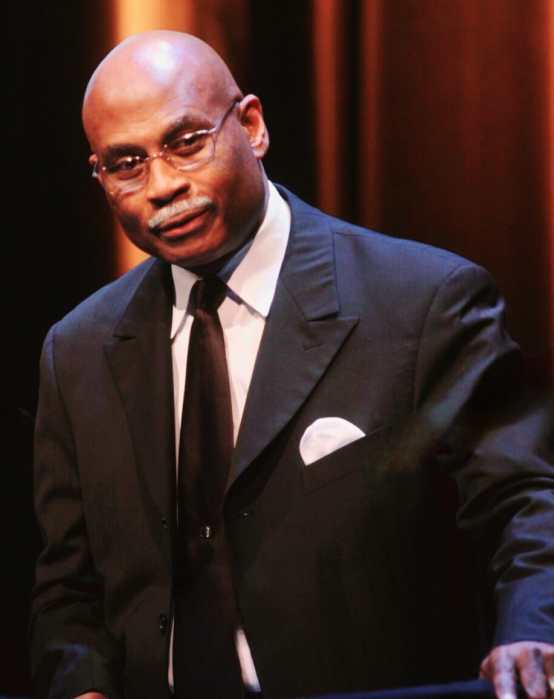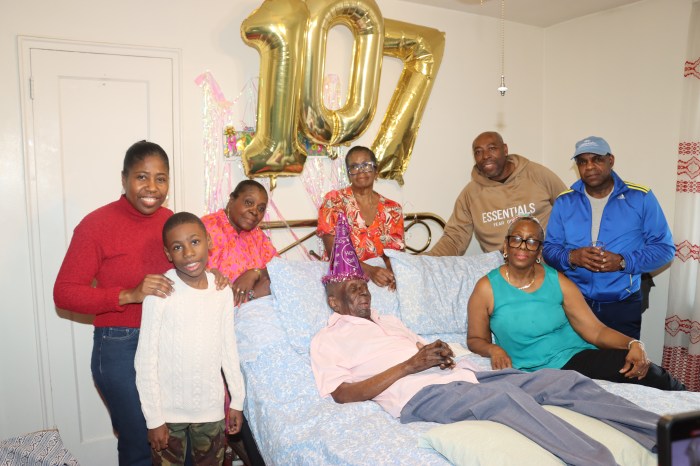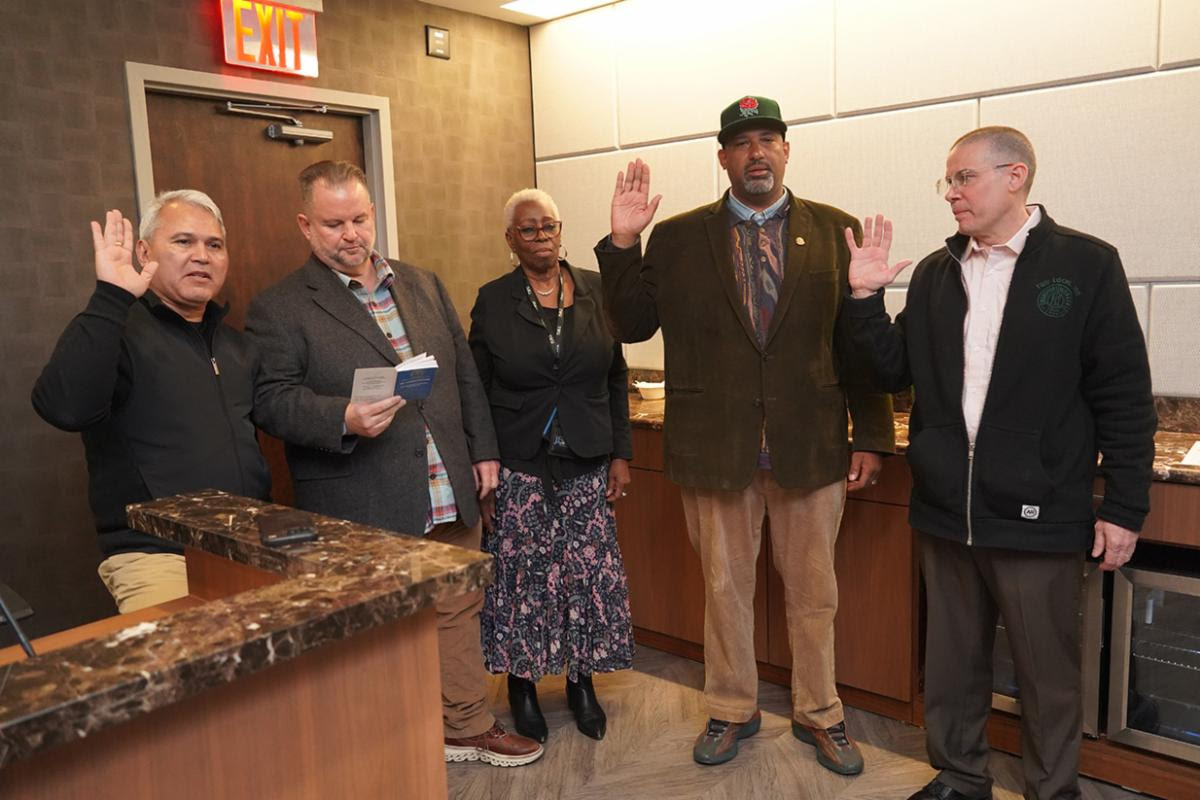Some parents have ideas early on, even at the age of three, that their child seems different from others of his or her gender. Little Adrian at age five, or maybe earlier, prefers to play with dolls and dress up in Mama’s best dress. The little girl, Shenika, may insist on wearing pants even on Sunday when Mom wants the pretty pink dress. Of course, these are stereotypical statements, but the point that I want to make is that many parents and close family members begin to sense at an early age that their child is “different.” As the years go by, they either push the feelings back in their minds and wait cautiously to notice if a Adrian is acting like a boy and Shenika is acting more ladylike.
If this is so, then why when the child becomes 16 or older, his /her announcement that he/she is “gay” comes upon the family like a death sound that forces parents into defensive and hostile behavior. The cries of agony and shame are heard and the “coming out” result in creating the family secret. It can be even worse if the parents react in anger, disbelief or fall upon their religious teaching and totally reject and disown the child.
Today, young people are proclaiming their “gayness” at earlier ages, some as young as 10 and 11. We may want to push the genie back into the bottle, but today’s more accepting attitudes towards sexual orientations and gender expressions give youth and young adults the self confidence to declare who they are at younger and younger ages. Too frequently the result can be disastrous in terms of their peers and yet as the society enforces more and more public policies against bullying and hate crimes, more open and welcoming attitudes will exist.
What happens in our Black communities where strong religious values against homosexuality and gender dissonance permeate much of our life styles and culture? What happens to the “coming out” process for our children, youth and young people? How can we evaluate ourselves and assess our movement towards a more open approach to lesbians, gays, bisexual, transgender and same-gender loving people?
Statistically, we know that the Black community as a whole is moving closer to same sex marriage, although differences in attitudes may vary with age and education. In spite of these advances, we still are constrained in our acceptance of “out” and open manifestations of homosexuality… Our kids move to the Piers where they can be themselves, socialize, dress and behave free of social control and pressures. However, as their numbers increase and the area become more and more gentrified, they will eventually lose the safe place that has been a haven. What happens then when the reality is before our eyes?
LGBT Faith Leaders of African Descent is an organization that formed in 2009 especially out of our concerns about these young people. We were concerned about ourselves as adults, but we felt that the young members of our community, who were “coming out” were less prepared to defend themselves from abuse and family isolation. Hence we began our campaign of visibility, education and change for the Black communities where we live and worship. We believe that the discourse that goes on in the larger community of Whites very frequently does not enter into our dialogues with one another. Now, of course, we see clergy and public figures speaking up against bullying and hate crimes and in support of same-sex marriage. But still these are conversation that take place in the newspapers not in our daily lives. The pronouncement of President Barack Obama in support of same-sex marriage has been seen as “hurling the gauntlet” right in the middle of our lives.
On October 20, LGBT Faith Leaders of African Descent intend to bring the dialogue right into our community as we hold our second annual forum, “Stepping out on Faith” (with Dr. Wilhelmina Perry, convenor) at the Adam Clayton Powell Jr. State Office Building in Harlem. We expect to bring community residents and people of houses of faith together to discuss the issues and concerns of people from the Black lesbian, gay, bisexual, transgender and same gender loving communities.
The forum is dedicated to empowering our communities and provides opportunities for developing a common social justice agenda. Two keynote addresses will be provided by Bishop Yvette Flunder, presiding Bishop of the Fellowship, a multi-denominational Fellowship of African American Christian leaders and laity representing over 56 churches and faith-based organizations from all parts of the U.S., Mexico and Africa. A second keynote speaker will be Sharon Lettman-Hicks, executive director and CEO of the National Black Justice Coalition, a civil rights organization dedicated to empowering LGBT people. Workshops will take place during the afternoon hours. The event starts at 9:30 am and ends at 4:30 pm. The public is invited. There is no charge for the day’s events and the lunch.


























